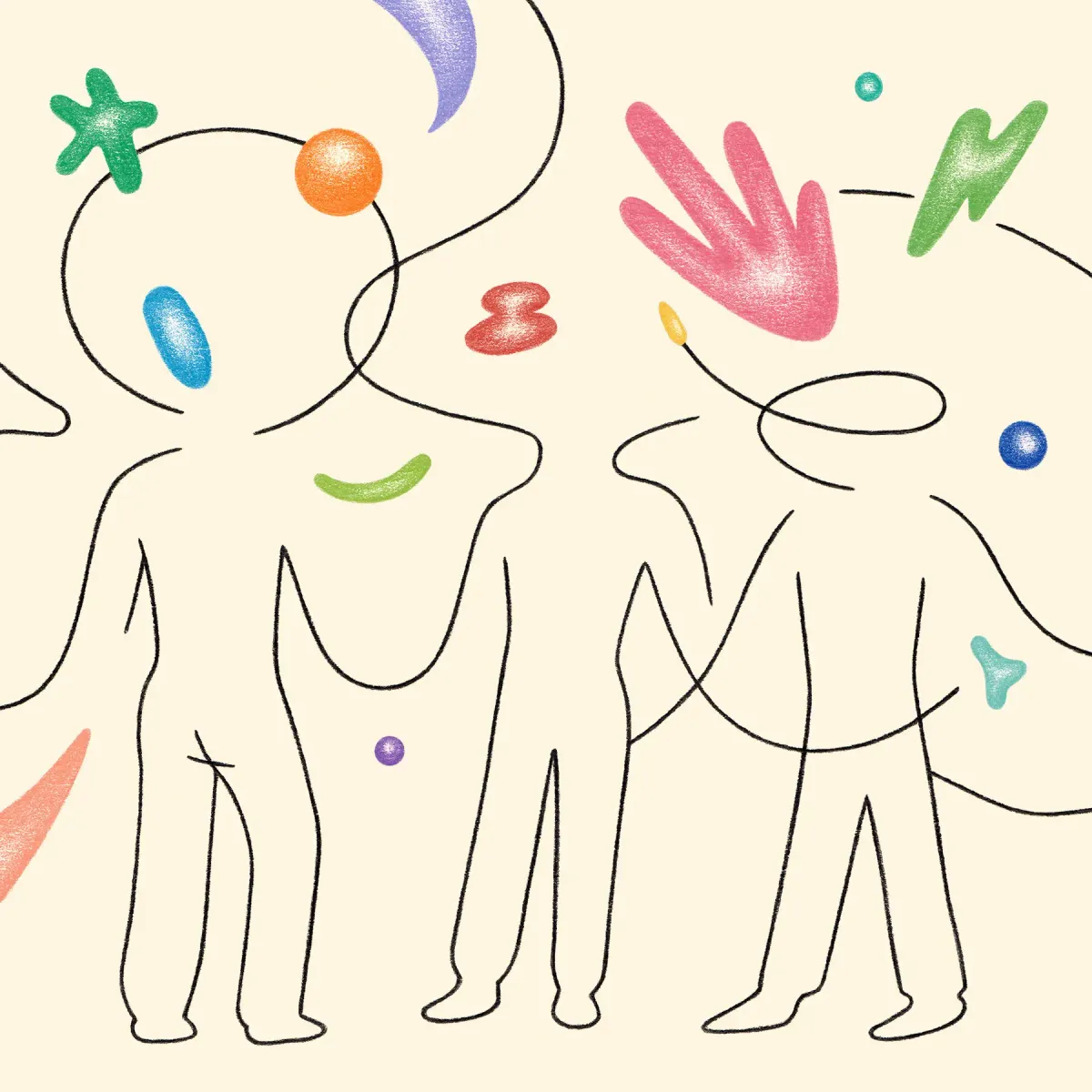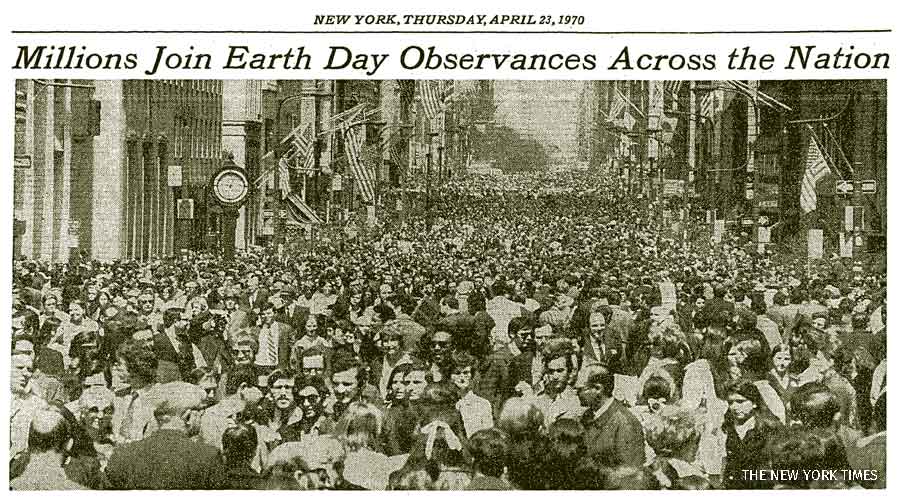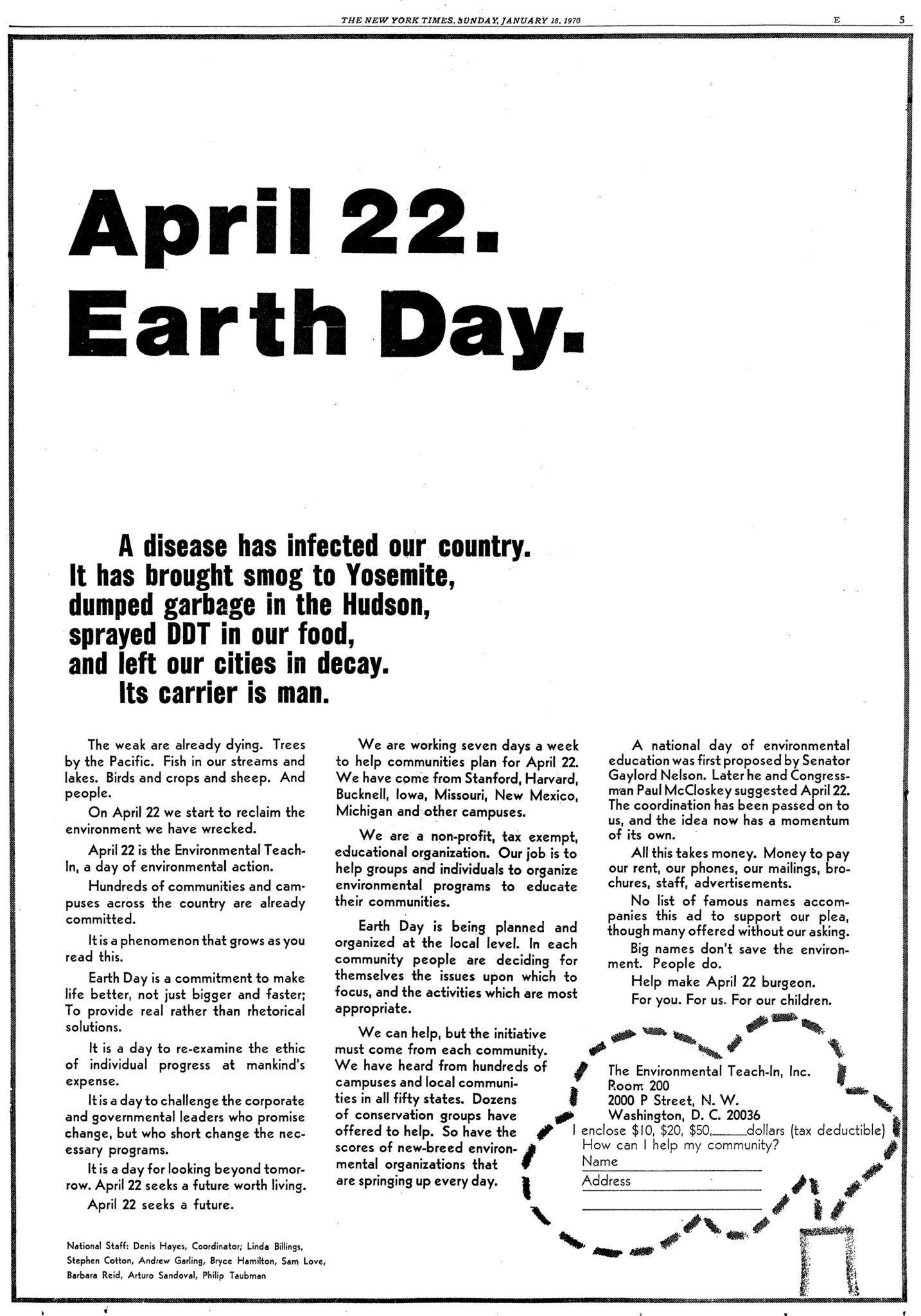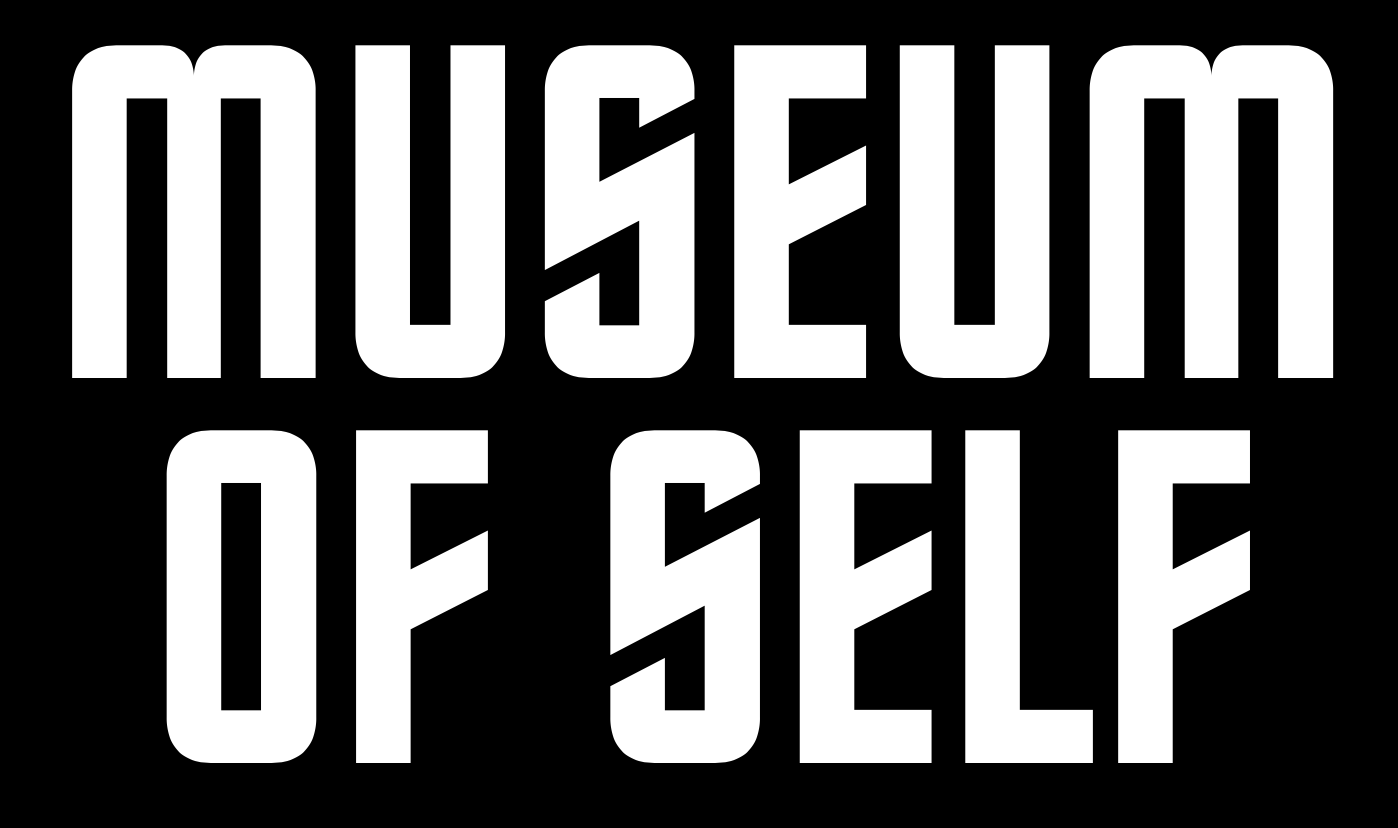Interdependence Day

To bring this series on interdependence to a close, after sketching out what interdependence means, offering ways to experience interdependence, and considering how interdependence played a foundational role in vital justice moments, I want to explore how we might further reclaim interdependence through a new holiday - Interdependence Day.
While there're ample holiday & awareness days, some of which have lost their original meaning, I believe holidays can be powerful means of highlighting cultural priorities, catalyzing rituals, and embodying values through action.
While it might seem strange for Museum of Self to be sketching out a new holiday, it feels apropos as a way to close my series on interdependence. Hope you enjoy this exploration.
The Need for an Interdependence Day
Interdependence highlights how we're all, on some legitimate level, interrelated and bound to each other.
All men are caught in an inescapable network of mutuality, tied in a single garment of destiny. - Martin Luther King Jr.
With the modern economy, country's economic fates are more and more tied to each other. An economic boom or bust here will likely have similar effects elsewhere. Pandemics know no boarders and can spread globally in weeks. We are interdependent on our supply chains, from oxygen in the Amazon, to manufacturing around the globe. For healthy democracy we need a sense of common ground, and the recognition that despite differences, there's an immutable bond we all share that needs to be valued.
Interdependence Day is in part inspired by others who see the potential of this new holiday.
Peter T. Coleman, a professor of psychology at Columbia University, director of the Morton Deutsch International Center for Cooperation and Conflict Resolution, and author of The Way Out: How to Overcome Toxic Polarization chimes in with:
Today, America is sorely lacking unity. We have plenty of “me” time, and ample “us versus them” – being polarized politically at historically high levels – which has left our sense of social cohesion so withered that The Economist Intelligence Unit has downgraded us to a “flawed” democracy, and our ranking on the 2021 Global Peace Index has fallen to 122nd out of 163 nations. So, I am calling for a new national holiday – American Interdependence Day – a celebration of the “us” in the U.S. and acknowledgement of the fact that our individual fates are inextricably linked. - Peter Coleman, who outlines ideas for Interdependence Day in USA Today
Richard Margolies, a clinical psychologist, and consultant for strategic leadership and on the board of the Lincoln Group of Washington D.C. adds:
Citizens and governments must work interdependently for the common good. During our tragic Civil War, Abraham Lincoln called us “with malice toward none, with charity for all” to our “better angels” … ”we are friends, we can not be enemies.” We must write a Declaration of Interdependence for our time. It will be a small step to a new and better America. - Richard Margolies, from The Hill
But Why a Holiday?
Modern holidays like Earth Day, Valentines Day, and Arbor Day both make my eyes roll and inspire me. The fact that we need holidays to honor earth, celebrate love, or honor trees feels like we forgot what's important. I hear other eye-rollers saying things like, "I see everyday as valentines day" – which I largely agree with, aside from being put off by the intense commercialization the holiday. Similarly to how I feel everyday is the right day day to celebrate romance, I also believe everyday is better thought of as Earth Day or Arbor Day.
Perhaps that's actually the goal of a holiday/awareness day - to point to something fundamentally important yet unrecognized - and help position it as something that needs to be recognized and acted upon in the day to day.
As a way to see the purpose, impact, and birth of awareness days, here's a brief history of Earth Day.
The Birth of Earth Day

The seeds for Earth Day were planted in the response to the 1969 Santa Barbara Oil Spill where more than three million gallons of oil spilled, wrecking havoc on the ecosystem and taking the lives of more than 10,000 animals. After this disaster, activists organized numerous environmental education events which came to the attention of senator Gaylord Nelson who felt the youth of the US needed environmental education and started funding these "environmental teach-ins". Challenge was these largely didn't resonate beyond the initial audience of environmental activists.
Rather unexpected, Julien Koenig, a famous ad man showed up at the office that was organizing these teach-ins and offered to help. After confiding "Teach-ins" weren't working, Koenig he returned with an assortment of mock-ups for ads, laid out around the announcement of an awareness day - he came with "Ecology Day," "Environment Day," "Earth Day," and "E Day." Koenig said that his personal favorite was Earth Day – in part because April 22 happened to be his birthday, and "birthday" rhymes with "Earth Day."
As the U.S. Environmental Protection Agency put it, the first Earth Day on April 22, 1970 "brought 20 million Americans out into the spring sunshine for peaceful demonstrations to support environmental reform". Earth Day is now observed in every country, and coordinated by the nonprofit earthday.org. Denis Hayes, who organized the first Earth Day, shares that Earth Day is now "the largest secular day of protest in the world, and more than a billion people participate in Earth Day actions every year."
It's powerful to see ideas whose time has come, turn into action.
As a Response To Independence Day
Shifting gears back to Interdependence Day, it's not an idea I came up with, simply one that resonates and might have benefit for our culture at large.
I like the word interdependence as it philosophically highlights how were all interrelated and tied up in shared destiny. At the same time it's a playful response to independence day.
Independence Day is an important part of US and global history - out of the 225 nations and states, 163 of them celebrate independence day in some form. I believe independence day is still important to celebrate here in the US and globally, and it's time we also celebrate our interdependence.
Therefore, I suggest we keep July 4th as Independence Day, which marks our self-sovereignty as a country and establish July 5th as Interdependence Day, given self-sovereignty and interdependence are both necessary. Having Interdependence Day on July 5th respects the U.S. Independence July 4th tradition, while suggesting we have evolved and need to re-discover our interdependence. The message isn't to get rid of self-sovereignty, rather to balance it with interdependence.
Sketching Out Interdependence Day
Interdependence is a broad concept, and turning it into an awareness day requires definition.
Here's a few ways to break down interdependence:
- Philosophically / Spiritually - understanding and experiencing our interdependence
- Ecologically / Economically - honoring the complex supply chains, ecologies and economies that enable life
- Societally - recognizing democratic society requires caring for oneself and the common bond we all share
- Relationally - celebrating how we need connection, from co-regulating nervous systems, to feeling a sense of belonging and purpose
Ways to Participate in Interdependence Day:
- Write & share about what interdependence means for you (with #InterdependenceDay)
- Write/sign a Declaration of Interdependence
- Connecting with someone you have a different perspective from, and remembering we have more in common than what separates us
- Share a time you were dependent on someone, thanking that person
- Tending to our common bond by volunteering
And a few more suggestions, pulling again from Peter T. Coleman:
A national day of reflection to remember our mutual goals and aspirations as well as our own contributions to the more divisive patterns we seek to change.
An Interdependence Day march to encourage those who are politically polarized to stand side by side and remember our common bond.
Recognition and support of community immune systems - such as organizations like Braver Angles.
Celebration of tolerance where we can better know and depend on one another, despite our differences.
This is just a quick sketch as a starting place. I'm deeply curious what other activities could align with Interdependence Day.
To wrap up, Interdependence Day may still only be an idea. Yet as we explored in this series, interdependence shows up in many spiritual and philosophical schools, can be verified experientially, and has already proven itself to be foundational in justice movements. Perhaps interdependence is ready for global awareness, and to call forth aligned action.
"Nothing is more powerful than an idea whose time has come." - Victor Huge
Artifact of the Week
To jump back to Earth Day, here's the iconic and massively influential 1970 full page advertisement in the New York Times that catalyzed the first Earth Day.
What media/event might ignite Interdependence Day?

Much love,
David Zangwill, Human @ Museum of Self
